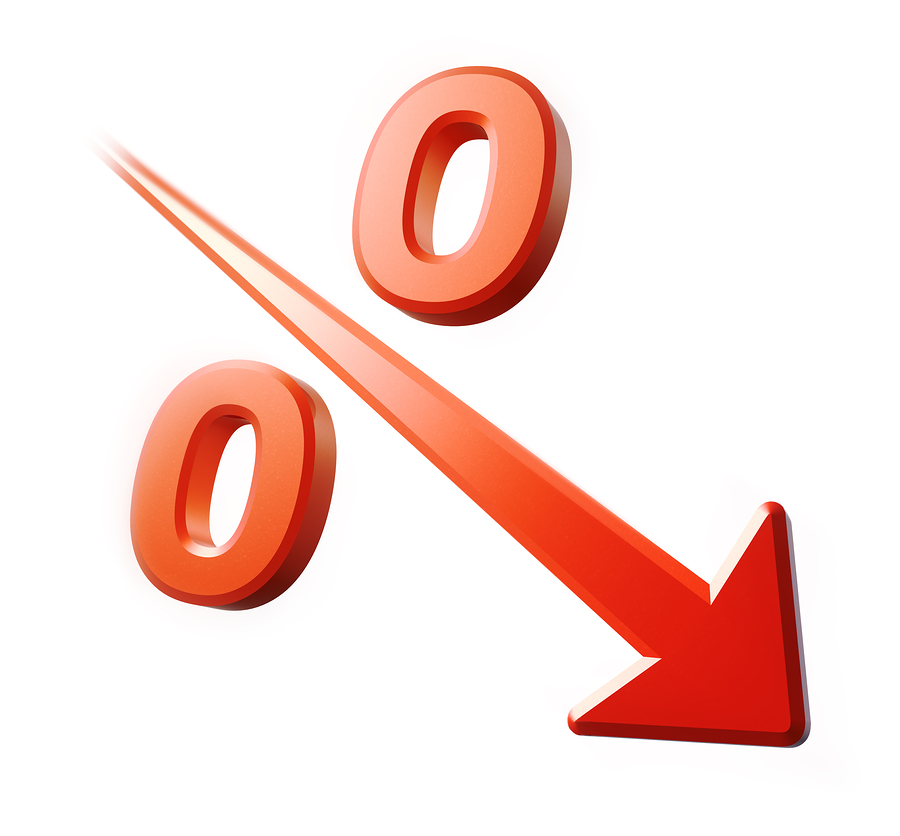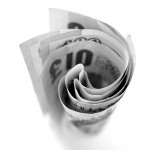According to the Office of National Statistics, the Consumer Price Index (CPI) has declined from 4.2 per cent in December, to 3.6 per cent in January, its lowest level since November 2010, as the impact of the coalition’s VAT rise plummeted out of the annual comparison.

Michael Saunders, UK economist at Citi said: “The confirmation that inflation is falling is likely to encourage the MPC to continue to gradually expand QE in order to give more support to the economy.”
Bank of England Governor Sir Mervyn King has long projected that inflation would start to fall back towards the Bank’s 2.0 per cent target once one-effects such as the VAT rise and last year’s spike in oil prices started to ease.
However when he sets out his latest assessment of the prospects for the economy at quarterly inflation report meeting, the Governor is likely to repeat the sobering message, spelled out in an open letter to the Chancellor of the Exchequer, that states: “Although inflation is now falling broadly as expected, the process of rebalancing still has a long way to go. Growth remains weak and unemployment is high.”
The 3.6 per cent rate meant King has to write a letter to the Chancellor clarifying why the rate remains more than 1.0 percentage point above or below the Government’s 2.0 per cent target for more than three months.
The missive was the eighth time King has written to Osborne since the coalition took control. King wrote: “The unwelcomed contribution of sluggish growth and high inflation over the past two years is a reflection of the need for the economy to rebalance following the financial crisis and associated deep recession, together with rises in the costs of energy and imports.”
The Bank’s monetary policy committee expects inflation to drop rapidly throughout 2012-justifying the Banks decision to inject £50bn into its asset purchase programme, taking the total of electronic money it has spent on trying to lift the economy to £325bn. 
He wrote: “In coming months, that further moderation is likely to reflect the declining contributions from petrol prices and any remaining VAT impact, together with recently announced cuts to domestic energy prices.”
He further added: “Although inflation is now falling broadly as expected, the process of rebalancing still has a long way to go. Growth remains weak and unemployment is high.”
Howard Archer, Chief Economist at IHS Global Insight, believed there should be further weakening in February, as many commercial property shops put off passing on last year’s VAT increase until the end of the January sales. He added: “Consumer price inflation should fall appreciably further.”
VAT was increased from 17.5 per cent to 20 per cent as part of George Osborne’s deficit-reduction strategy, pushing up the annual inflation rates that year.
The fall brings CPI inflation to a 14-month low. Nonetheless the rate remains well above the Bank of England’s 2.0 per cent goal.
The prime minister welcomed the fall in the rate. David Cameron said: “Inflation is coming down and that is good news, as the cost of living is the most important issue facing families up and down the country.”
But, Labour disputes the fact that prices remained high. Shadow Treasury Minister, Owen Smith said: “For ordinary families’ right up and down throughout the country, the fact is prices went up last year, they’ve stayed up, and incomes of course haven’t risen at all.”
Similarly General Secretary of the TUC Brendan Barber stressed that even with the decline in inflation; living standards are still dropping for many in Britain. He said: “With prices still increasing twice as fast as wages, workers are still getting poorer month-by-month while high unemployment and wage stagnation persists.”
With Osborne resolute to stick to his policy of austerity after the decision by the Moody’s rating agency to cut the UK’s position to negative, the Treasury is relying greatly on the Bank to boost the economy with its £325bn of quantitative easing.
However King also used his letter to warn the Chancellor that: “There is a limit to what monetary policy can achieve.”
Osborne responded that the monetary policy is: “The first line of defence in the face of economic shocks”, and insisted that the Government’s deficit reduction policy has created the room for the Bank to act.
Commercial property retailers have been forced into discounting during tough trading conditions on the high street. Over the past two months, inflation has fallen by 1.2 percentage points. The ONS said that was a larger drop over two months than at any time since 2008, when Alistair Darling cut VAT as part of his emergency rescue package.
High inflation, and the resulting belt-tightening by workforces who have faced diminishing real incomes, was blamed for much of the shortfall in economic growth in 2011, with GPD growing by just 0.9 per cent.
Apart from the VAT cut, the ONS said the price of fuels had dropped as had “Products bought in restaurants and cafes”, tobacco and vehicle maintenance and repair.